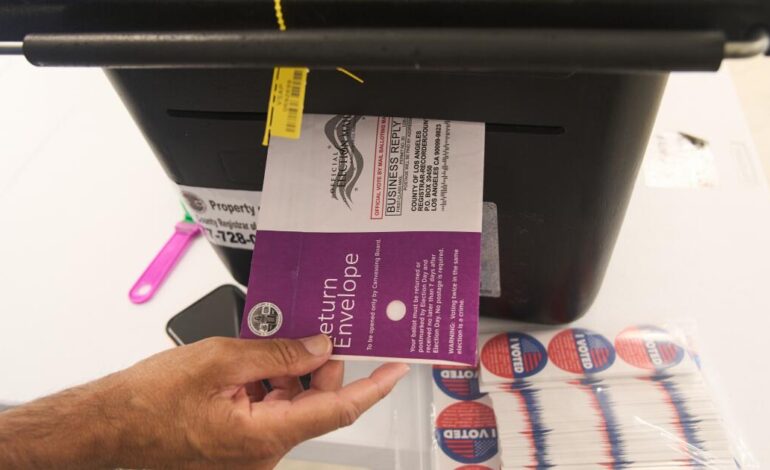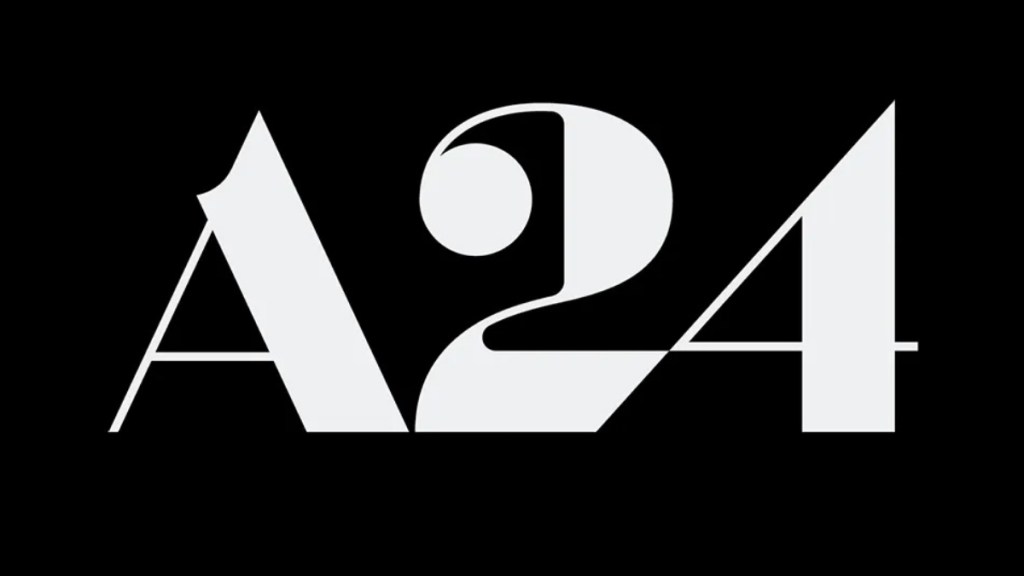Californians Vote on Proposition 50 to Redraw Congressional Maps

Californians are voting on November 7, 2023, to decide the fate of Proposition 50, a ballot measure aimed at redrawing the state’s congressional districts. This initiative is part of a Democratic strategy to counteract President Donald Trump’s influence and potentially increase their representation in Congress after the upcoming 2026 elections. The measure follows Trump’s encouragement of Republican-led states to manipulate their congressional maps to favour their party, an action seen as an attempt to maintain GOP control of the House of Representatives.
Proposition 50 is the only item on California’s special election ballot. Supporters view it as a referendum against Trump, whose approval ratings remain low in the state. Critics, however, describe the measure as a politically motivated power grab by Democrats. As of now, proponents of Proposition 50 are outpacing their opponents in fundraising and lead in the polls, suggesting strong support among voters.
High Stakes and Heavy Spending
Elections across the United States on this day include significant races in Virginia and New Jersey, as well as the New York City mayoral contest. Yet, the focus in California remains on Proposition 50, which has seen an influx of advertisements and campaign materials. Recent polling from the University of California, Berkeley, indicates that only 2% of likely voters remain undecided, a significant reduction compared to previous elections. Mark DiCamillo, director of the survey, noted the unusual lack of undecided voters, stating, “Usually there was always a rule — look at undecideds in late-breaking polls and assume most would vote no.”
Polling locations across California opened at 07:00 and will remain open until 20:00. Voters in line at closing will still be permitted to cast their ballots. The state allows same-day voter registration, enabling residents to vote conditionally, pending verification of their eligibility. Many registered voters have already participated in the election, with approximately 6.7 million ballots cast, representing 29% of California’s 23 million registered voters.
Democratic voters are currently leading in early voting, which has raised concerns among Republican leaders. Steve Bannon, a former chief strategist for Trump, expressed skepticism on his podcast, predicting significant losses for Republicans despite strong support in traditionally conservative areas like Huntington Beach.
The Context of Redistricting
Traditionally, congressional district boundaries are redrawn every decade following the U.S. Census. California employs an independent commission for this process, established by voters in 2010 to minimize partisan influence. However, following Trump’s call for Texas Republicans to adjust their congressional maps to benefit the GOP, California Democrats responded with Proposition 50, which could add five Democratic seats to the state’s 52-member delegation.
The campaign surrounding Proposition 50 has attracted over $193 million in contributions, making it one of the most expensive ballot measures in California’s history. High-profile endorsements have emerged on both sides, including former President Barack Obama advocating for the measure, while former California Governor Arnold Schwarzenegger has voiced strong opposition.
Democrats argue that the need to regain congressional control is critical to countering Trump’s policies, particularly in light of public discontent regarding immigration enforcement and cuts to crucial welfare programs. Obama, in a campaign ad, stated, “With Prop. 50, you can stop Republicans in their tracks. Prop. 50 puts our elections back on a level playing field.”
In contrast, Schwarzenegger cautioned that Proposition 50 undermines the electorate’s prior decision to create an independent redistricting commission, emphasizing the importance of protecting democratic processes. He stated, “Democracy — we’ve got to protect it, and we’ve got to go and fight for it.”
As voters make their choices today, the implications of Proposition 50 extend beyond California, reflecting broader national dynamics as both parties strategize for upcoming elections. Whether the measure passes remains to be seen, but its potential impact on congressional representation could resonate throughout the political landscape in the years to come.






